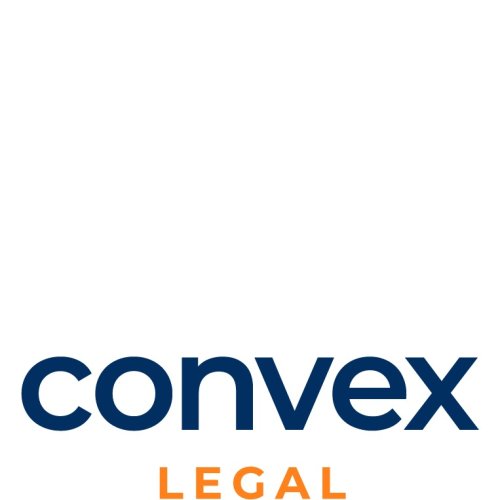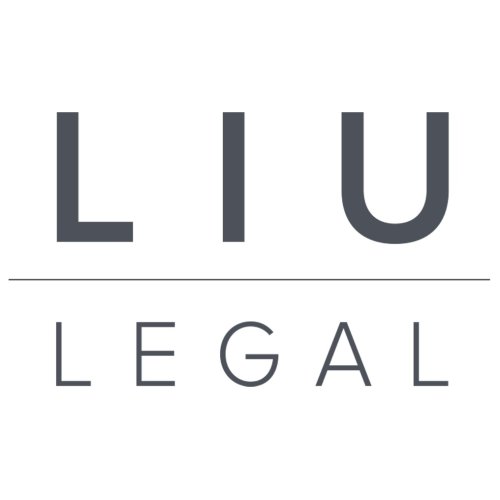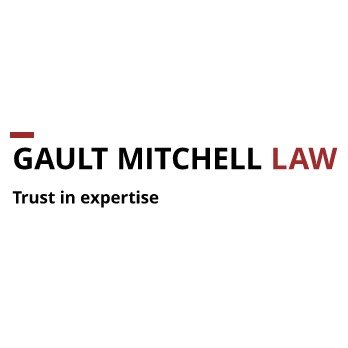Best Structured Finance Lawyers in Wellington
Share your needs with us, get contacted by law firms.
Free. Takes 2 min.
List of the best lawyers in Wellington, New Zealand
About Structured Finance Law in Wellington, New Zealand
Structured finance refers to complex financial transactions that are designed to provide tailored funding solutions, often involving multiple parties, asset types, and legal structures. In Wellington, New Zealand, structured finance plays a significant role in supporting corporate growth, infrastructure investment, and asset securitisation. Structured finance transactions may include securitisation of receivables, collateralised debt obligations, asset-backed securities, and various forms of project finance. The legal framework in Wellington supports innovation in finance, while balancing the need for transparency, investor protection, and regulatory compliance.
Why You May Need a Lawyer
Engaging a lawyer for structured finance matters in Wellington is essential to manage risks and comply with complex regulations. Common reasons to seek legal advice include:
- Structuring innovative financial transactions to ensure compliance with New Zealand law
- Drafting, reviewing, or negotiating structured finance documents
- Understanding tax implications for structured transactions
- Advising on regulatory requirements set by the Financial Markets Authority (FMA) and Reserve Bank of New Zealand (RBNZ)
- Conducting due diligence on assets involved in securitisation or syndication
- Protecting the interests of investors, issuers, sponsors, and trustees
- Resolving disputes arising from the performance of structured finance contracts
- Advising cross-border participants on New Zealand jurisdictional issues
Local Laws Overview
Structured finance transactions in Wellington must adhere to several key legal frameworks:
- Financial Markets Conduct Act 2013 - Regulates offers of financial products, disclosure obligations, and conduct of financial service providers.
- Companies Act 1993 - Governs the incorporation, governance, and operation of companies that typically participate in structured finance.
- Personal Property Securities Act 1999 - Sets rules for registering and enforcing security interests over assets.
- Reserve Bank of New Zealand Act 1989 - Grants the RBNZ oversight over entities that administer or issue structured finance products affecting financial system stability.
- Insolvency and trustee regulations - Address the priorities and enforcement of claims if an involved party defaults.
- Tax laws - Tax treatment of structured products is vital, requiring alignment with Inland Revenue guidelines.
Working with a seasoned legal professional ensures compliance with these laws, reduces risks of regulatory penalties, and allows for smooth execution of complex transactions.
Frequently Asked Questions
What is structured finance?
Structured finance involves designing and implementing complex financial instruments or arrangements that are often secured by pools of underlying assets. It is commonly used to raise capital, manage risk, or create investment products.
Who regulates structured finance activities in Wellington?
Structured finance activities are primarily regulated by the Financial Markets Authority and the Reserve Bank of New Zealand, depending on the specific nature of the transaction and entities involved.
Do I need special approval to establish a structured finance deal?
While not all structured finance transactions require direct approval, they must comply with prevailing financial services laws and regulations, including proper disclosure, reporting, and licensing requirements where applicable.
What types of assets can be securitised in New Zealand?
Common asset types for securitisation include mortgages, trade receivables, auto loans, credit card receivables, and lease portfolios, subject to legal and regulatory considerations.
Are there tax implications for structured finance transactions?
Yes, structured finance transactions have specific tax treatments. It is important to get professional tax advice, as the structuring can impact both income tax and GST obligations.
Can international investors participate in structured finance deals in Wellington?
Yes, international investors can participate, provided they comply with relevant overseas investment, anti-money laundering, and financial service provider registration requirements.
What are the common risks in structured finance?
Risks include legal and regulatory compliance, credit risk, market risk, counterparty risk, operational risk, and, in some cases, reputational risk.
How is investor protection ensured in structured finance products?
Investor protection mechanisms include mandatory disclosure, oversight by trustees, limitations on product structure, and requirements imposed by the FMA and other regulators.
Are trusts commonly used in Wellington's structured finance transactions?
Yes, special purpose vehicles and trusts are often used to isolate assets and liabilities, provide bankruptcy remoteness, and facilitate investor security.
How do I find a qualified structured finance lawyer in Wellington?
Look for lawyers or law firms with demonstrable experience in financial services, securities law, and structured finance transactions. Professional associations and the New Zealand Law Society can help identify suitable practitioners.
Additional Resources
Individuals seeking more information or legal support in structured finance can access the following resources:
- Financial Markets Authority (FMA) - Provides regulatory guidance and oversees financial markets conduct
- Reserve Bank of New Zealand (RBNZ) - Regulates banking, non-bank deposit takers, and payment systems related to finance transactions
- New Zealand Law Society - Offers guidance on lawyers specializing in financial law and structured finance
- Inland Revenue Department (IRD) - Supplies tax information relevant to financial products and structured deals
- Wellington Chamber of Commerce - Can provide networking with local finance professionals and advisors
Next Steps
If you require legal assistance regarding structured finance in Wellington, here are the recommended steps:
- Define your objectives and gather relevant documents connected to your intended transaction
- Contact a qualified lawyer or firm with experience in structured finance law
- Arrange an initial consultation to discuss your plans, legal obligations, and potential risks
- Request clarification on fees, timelines, and expected outcomes before proceeding
- Ensure you understand the regulatory environment and your responsibilities under New Zealand law
- Stay updated with guidance issued by regulators to maintain compliance throughout your structured finance transaction
Structured finance law in Wellington is complex, but with the right legal support, individuals and businesses can navigate the process efficiently and with confidence.
Lawzana helps you find the best lawyers and law firms in Wellington through a curated and pre-screened list of qualified legal professionals. Our platform offers rankings and detailed profiles of attorneys and law firms, allowing you to compare based on practice areas, including Structured Finance, experience, and client feedback.
Each profile includes a description of the firm's areas of practice, client reviews, team members and partners, year of establishment, spoken languages, office locations, contact information, social media presence, and any published articles or resources. Most firms on our platform speak English and are experienced in both local and international legal matters.
Get a quote from top-rated law firms in Wellington, New Zealand — quickly, securely, and without unnecessary hassle.
Disclaimer:
The information provided on this page is for general informational purposes only and does not constitute legal advice. While we strive to ensure the accuracy and relevance of the content, legal information may change over time, and interpretations of the law can vary. You should always consult with a qualified legal professional for advice specific to your situation.
We disclaim all liability for actions taken or not taken based on the content of this page. If you believe any information is incorrect or outdated, please contact us, and we will review and update it where appropriate.

















